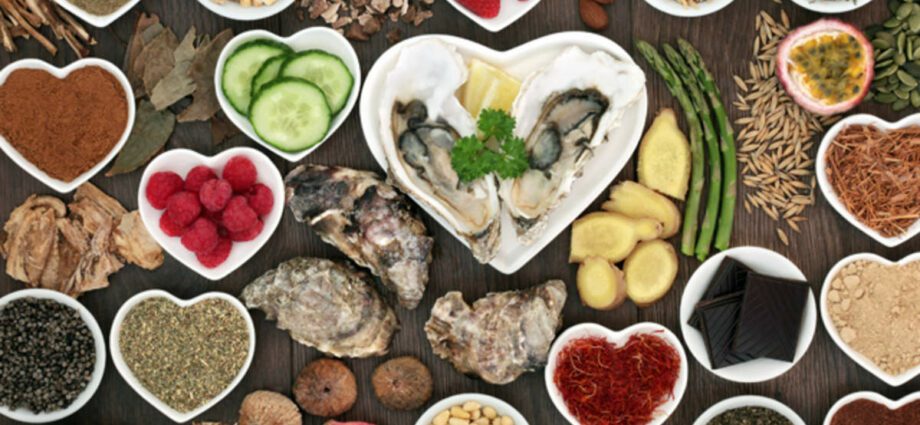Anaphrodisiacs: what are these foods that lower libido?
Unlike an aphrodisiac, anaphrodisiac is a natural substance – a plant, a spice, a food – which will have the effect of lulling sexual desire.
What is an anaphrodisiac?
Unlike an aphrodisiac, anaphrodisiac is a natural substance – a plant, a spice, a food – which will have the effect of lulling sexual desire. Is it a placebo effect or just food damaged by a stubborn bad reputation? May be. But if no scientific study has come to underline the real impact of so-called “anaphrodisiac” foods, some nevertheless affirm that they have the capacity to lower the libido.
What are anaphrodisiac foods?
While certain foods such as chocolate or asparagus are known to stimulate our libido, not all of them benefit from this sulphurous reputation. This is the case for liquorice, for example. Composed of glycyrrhizic acid, it would have the effect of reducing the production of testosterone, this hormone whose effect on libido has been demonstrated.
Soy would also have a deleterious impact on androgenic hormones. This food, in vogue in recent years, also contains phytoestrogens that can cause menstrual cycles to be imbalanced and reduce sexual desire.
Other anaphrodisiac foods include:
- Soft drinks, rich in phosphoric acids, and more generally excess sugar;
- Coffee which, in too large a quantity (more than two cups), disturbs the nervous system;
- Mint and more particularly peppermint which has a vasoconstrictor action;
- Salt which, consumed in too much quantity, reduces the blood circulation of the body;
- Substitute sugars and processed foods.
Alcohol, the enemy of sexual desire
Yet recognized for its disinhibiting effect, alcohol does not mix well with sex. Sedative effect, erectile problems, difficulty reaching orgasm, decrease in sex hormones, alcohol is a recognized anaphrodisiac. And if it is initially perceived as a lever of excitement thanks to its euphoric effects, it also has the reputation of being a formidable anesthetic capable of putting to sleep the pleasure of the sexual act. Its consumption must remain moderate and occasional.
Meals that are too fatty, too sweet and too salty, harmful to sexual desire
Healthy, balanced and enjoyable food is important for staying healthy, but also for sex life and desire.
When a large amount of food is consumed, the body’s energy is concentrated on the digestive system. This is why it is common to feel tired or a loss of tone in the second time. A post-meal “boost” that can harm libido.
Beware of pesticides
Chemicals such as pesticides or insecticides used in certain farms have been recognized as endocrine disruptors, that is to say substances capable of interfering with our hormonal system and which have an effect on the production of several hormones some of which are linked to sexual desire. Foods with edible skin such as strawberries, apples, pears or even cherries are among the richest in pesticides.
Fruits and vegetables from organic farming contain little or no pesticides. Wash your fruits and vegetables thoroughly before eating them.
Can anaphrodisiacs really be responsible for a decrease in libido?
These foods cannot be considered the only ones responsible for a decrease in sexual desire. Especially since their impact has not been scientifically demonstrated.
Since sex is strongly linked to the mind, a drop in libido can be explained by a stressful or upsetting life event. It can also be explained by a health problem or inappropriate drug treatment. Do not hesitate to consult a doctor to talk about your lack of desire, he can provide you with answers or direct you to a suitable colleague.










